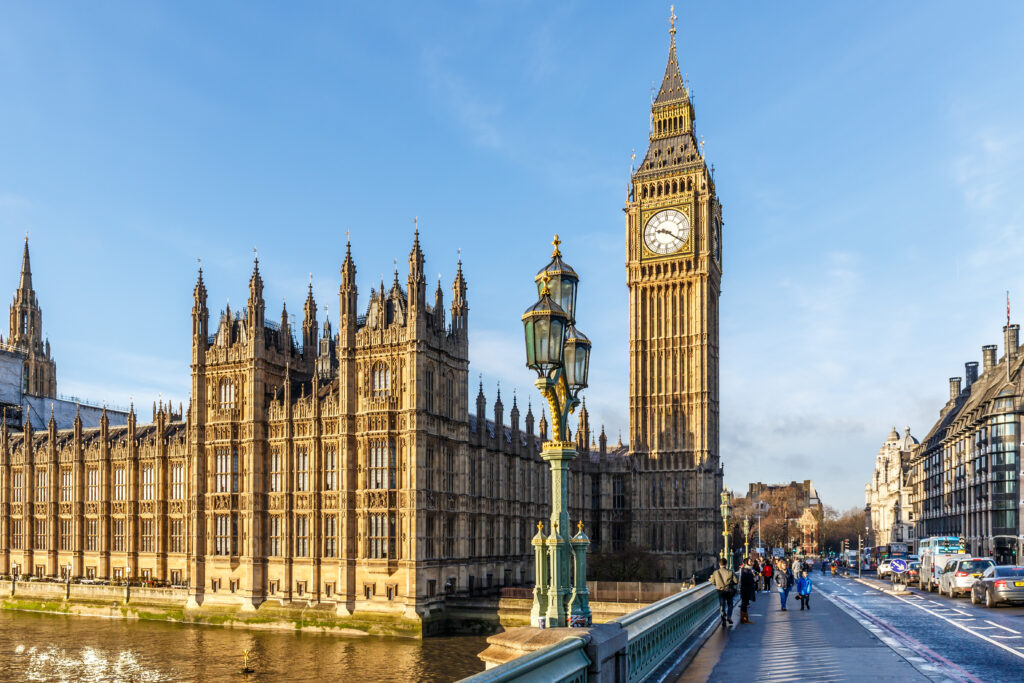The Landfill Disposals Tax (Wales) Bill will also include a ‘third rate’ of tax – set higher than the standard £84.40 per tonne rate as a ‘deterrent’ to waste criminals.

The Bill will replace existing landfill tax legislation currently in place across both England and Wales, and will be payable by landfill site operators who pass the cost on to waste processors.
It is expected to be introduced to the National Assembly today and the Cabinet Secretary will make a Legislative Statement about the Bill during Plenary in the Senedd tomorrow.
Devolution
Once devolved, Wales will join Scotland in administering its own landfill tax powers, after Revenue Scotland introduced the tax to Scottish landfill operators in October 2015 (see letsrecycle.com story).
Welsh landfill tax will be collected by the Welsh Revenue Authority working with Natural Resources Wales on the compliance and enforcement.
There are currently 25 landfill sites in Wales which are run by 20 landfill site operators. The Office for Budget Responsibility forecasts that landfill tax will generate around £27 million in revenue across Wales in 2018/19.
The Bill will provide a ‘broadly consistent’ approach to the existing landfill tax, according to the Welsh Government, in order to provide stability and reassurance to businesses.
Rates
Welsh landfill tax powers will keep the standard and lower rate of tax system – however the Bill will also introduce a third tax rate for unauthorised disposals, which is expected to be higher than the standard rate.
This will likely see waste operators who are found to have illegally disposed of their waste pay the tax twice – firstly at the point where they disposed of it illegally, and again when it is deposited at a licensed landfill site.
The Government insists that the third rate will act as a ‘financial deterrent’ to illegal waste activity and tackle a potential source of tax evasion.
While landfill tax rates have yet to be agreed, it is likely they will be kept mainly in line with rates established in England to minimise the risk of ‘waste tourism’ – where processors could look to both sides of the border for the cheaper disposal option.
Revenue
Revenue raised from the tax will be allocated to the Landfill Disposals Tax Communities Scheme, which will be set up before April 2018 to replace the existing Landfill Communities Fund.
Details of how the scheme will operate have yet to be confirmed, but the funding will be distributed to projects which focus on ‘biodiversity, waste minimisation efforts and other environmental enhancements’.
“Wales is at the forefront of waste policy and landfill tax is an important element of achieving our goal of a zero waste Wales.”
Mark Drakeford, Finance Secretary
Welsh Government
Finance Secretary Mark Drakeford said: “This is the third of three Bills to establish tax arrangements in Wales and is an important step towards the devolution of tax to Wales. For the first time in 800 years, we are developing and implementing a tax regime that is more directly suited to the needs of our country and our people
“By replacing landfill tax with landfill disposals tax from April 2018, public services in Wales will continue to benefit from the revenues raised by this tax. Wales is at the forefront of waste policy and landfill tax is an important element of achieving our goal of a zero waste Wales.
“We have worked closely with stakeholders in developing this Bill. It is simple and clear to apply; reflects established practices; is up to date and relevant to Wales.”
The Landfill Disposals Tax is the third of three bills to establish tax arrangements in Wales, and comes just two months after the Land Transaction Tax and Anti-Avoidance of Devolved Taxes (Wales) Bills were introduced to the Assembly.










Subscribe for free